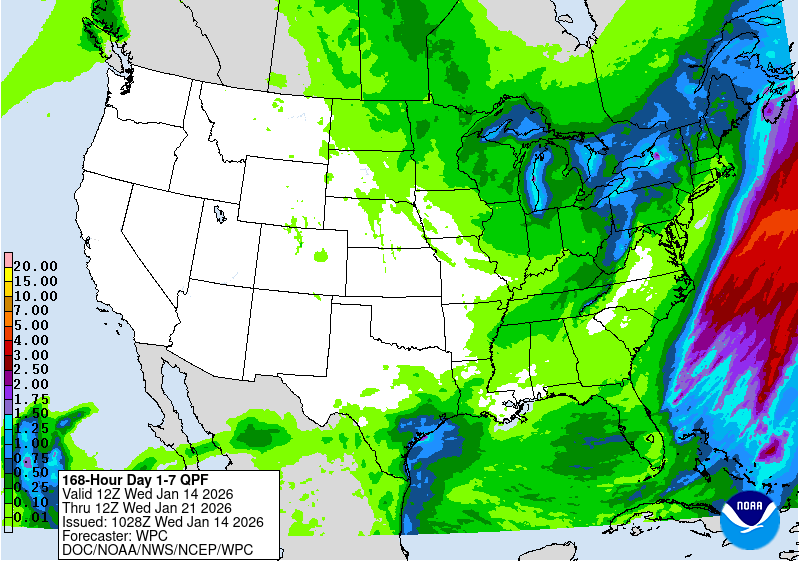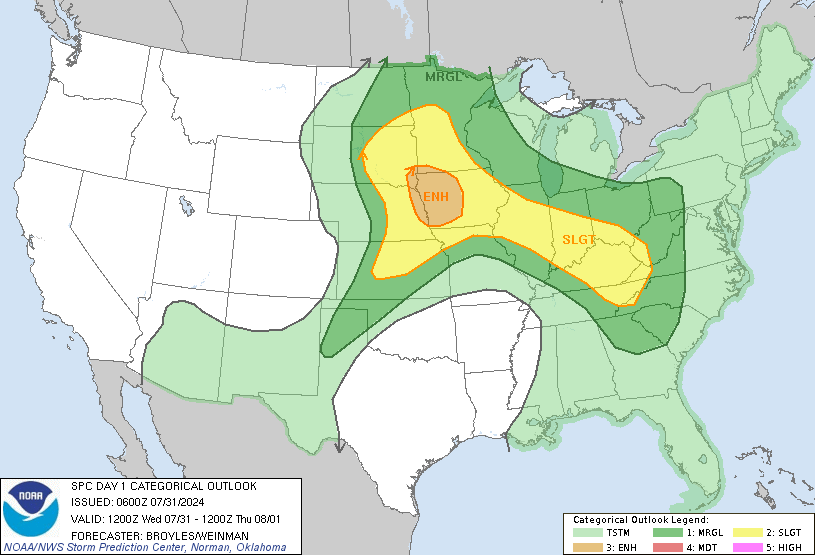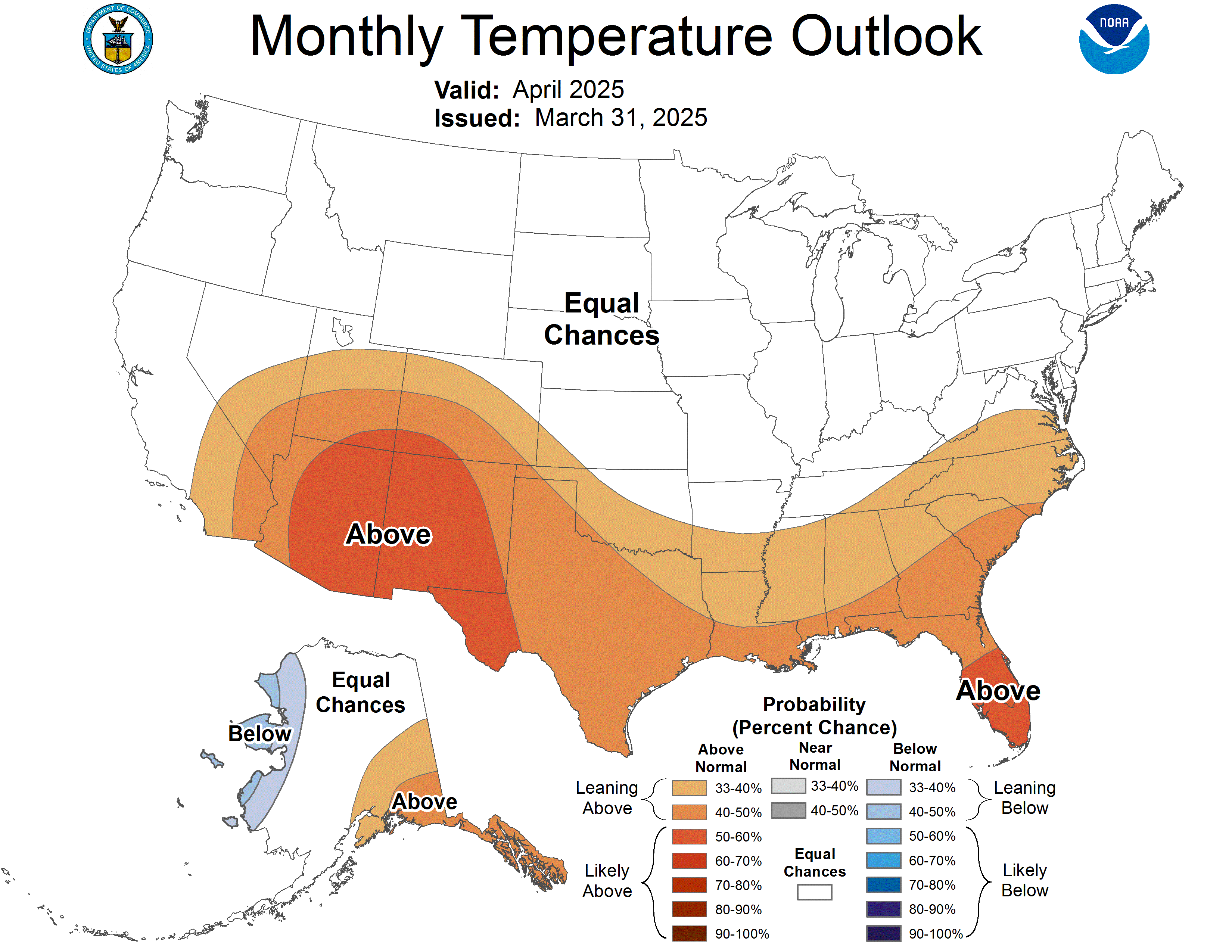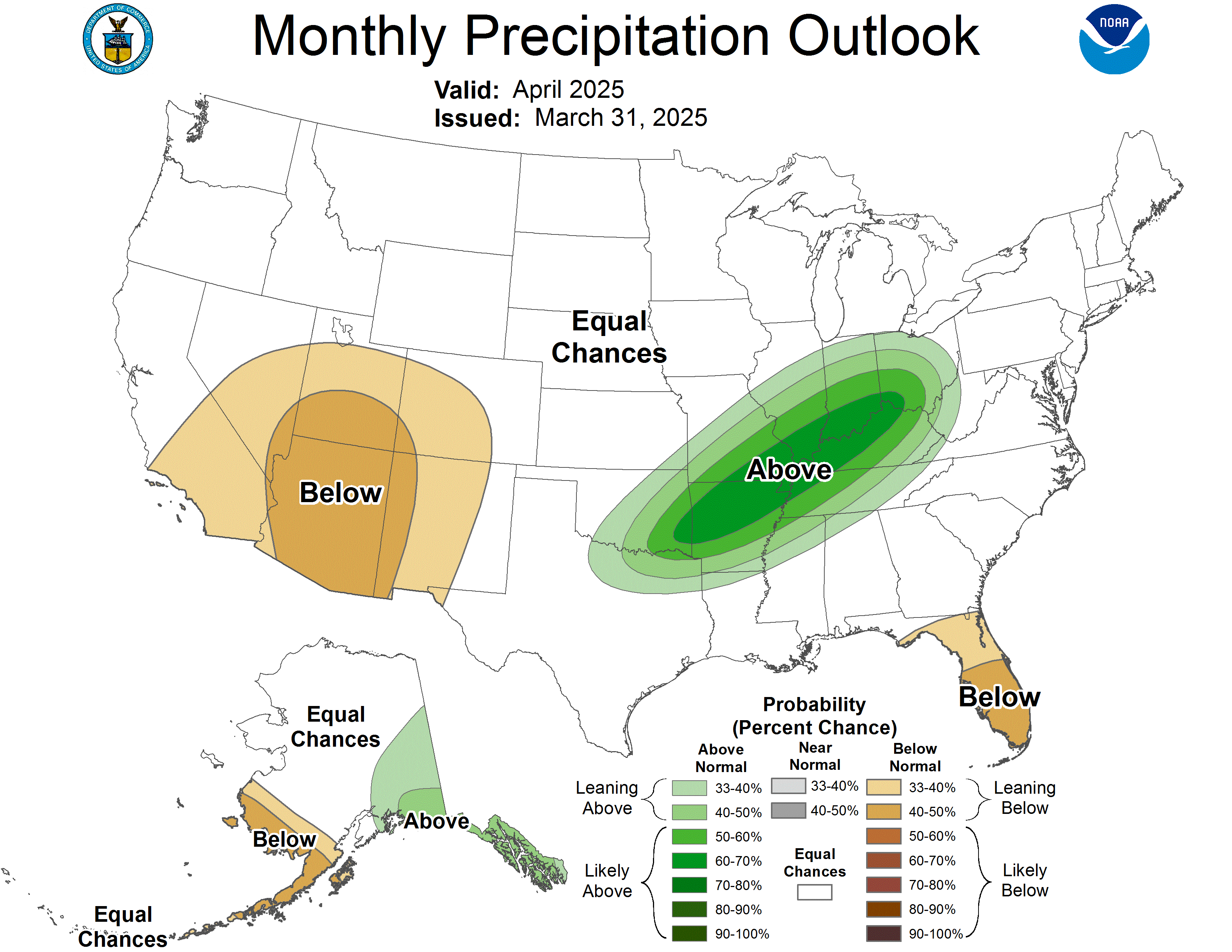Workshop Faculty
John A. Knox, Ph. D.
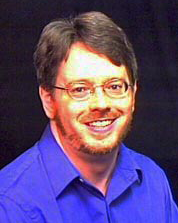 John A. Knox is an Assistant Professor in the Department of Geography at the University of Georgia. John A. Knox is an Assistant Professor in the Department of Geography at the University of Georgia. Dr. Knox obtained his doctorate in Atmospheric Science from the University of Wisconsin-Madison in 1996. He has over 200 publications, including 35 peer-reviewed articles in leading atmospheric science research and geoscience education journals. He has extensive experience in atmospheric science pedagogy, serves as Associate Editor of the Journal of Geoscience Education, and has co-authored an award-winning undergraduate textbook in introductory meteorology, Meteorology: Understanding the Atmosphere (3rd edition, 2011). Dr. Knox also has published education research in the Bulletin of the American Meteorological Society concerning the meteorological topics that undergraduate students want to learn and how to teach meteorological concepts through story-telling. He has extensive experience in working with K-12 students and teachers and has provided on-site and distance learning experiences with these grades. Dr. Knox is the atmospheric science expert for the workshop given his professional experience meteorology, his knowledge of the weather phenomena comprising the MoD curriculum, and his expertise in working with educators. Dr. Knox's role in the project will be to provide weather science instruction to teachers in the workshop.
John A. Knox is an Assistant Professor in the Department of Geography at the University of Georgia. John A. Knox is an Assistant Professor in the Department of Geography at the University of Georgia. Dr. Knox obtained his doctorate in Atmospheric Science from the University of Wisconsin-Madison in 1996. He has over 200 publications, including 35 peer-reviewed articles in leading atmospheric science research and geoscience education journals. He has extensive experience in atmospheric science pedagogy, serves as Associate Editor of the Journal of Geoscience Education, and has co-authored an award-winning undergraduate textbook in introductory meteorology, Meteorology: Understanding the Atmosphere (3rd edition, 2011). Dr. Knox also has published education research in the Bulletin of the American Meteorological Society concerning the meteorological topics that undergraduate students want to learn and how to teach meteorological concepts through story-telling. He has extensive experience in working with K-12 students and teachers and has provided on-site and distance learning experiences with these grades. Dr. Knox is the atmospheric science expert for the workshop given his professional experience meteorology, his knowledge of the weather phenomena comprising the MoD curriculum, and his expertise in working with educators. Dr. Knox's role in the project will be to provide weather science instruction to teachers in the workshop.
Thomas R. Koballa, Ph. D.
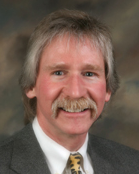 Thomas R. Koballa is a Professor and Dean of the College of Education at Georgia Southern University. Dean Koballa was formerly a professor of science education in the Department of Mathematics and Science Education at the University of Georgia. Dr. Koballa holds a bachelor's degree in Biology and master's degree in Science Education from East Carolina University, and a Ph.D. in Curriculum and Instruction from the Pennsylvania State University in 1981. He is past president of the National Association for Research in Science Teaching and the recipient of the Association of Science Teacher Education's Outstanding Mentoring Award. He teaches undergraduate and graduate classes in science education and has authored or coauthored more than 60 journal articles and chapters, and is the co-author of Science Instruction in Middle and Secondary Schools (2010, Allyn & Bacon). His current research foci include science teacher education and mentoring. Dr. Koballa's role in the workshop is to function as a consultant regarding the conduct of the workshops and to provide instruction on science pedagogy associated with the MoD curriculum.
Thomas R. Koballa is a Professor and Dean of the College of Education at Georgia Southern University. Dean Koballa was formerly a professor of science education in the Department of Mathematics and Science Education at the University of Georgia. Dr. Koballa holds a bachelor's degree in Biology and master's degree in Science Education from East Carolina University, and a Ph.D. in Curriculum and Instruction from the Pennsylvania State University in 1981. He is past president of the National Association for Research in Science Teaching and the recipient of the Association of Science Teacher Education's Outstanding Mentoring Award. He teaches undergraduate and graduate classes in science education and has authored or coauthored more than 60 journal articles and chapters, and is the co-author of Science Instruction in Middle and Secondary Schools (2010, Allyn & Bacon). His current research foci include science teacher education and mentoring. Dr. Koballa's role in the workshop is to function as a consultant regarding the conduct of the workshops and to provide instruction on science pedagogy associated with the MoD curriculum.
Aneela L. Qureshi, M. S., M. S. Ed.
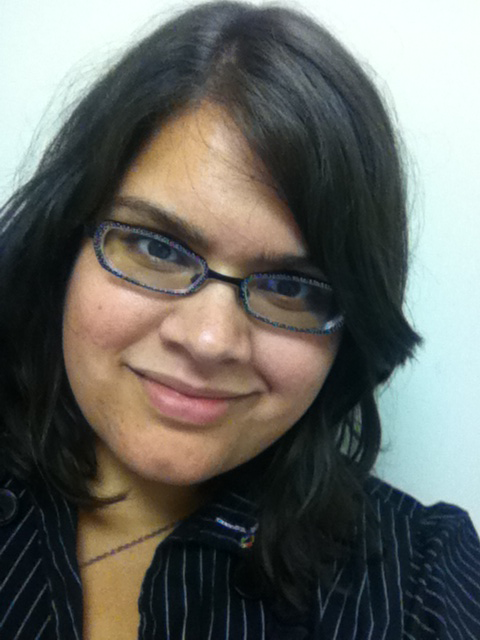 Aneela L. Qureshi, M. S., M. S. Ed, is a Ph.D. student in the Department of Geography at the University of Georgia. She has a strong background in both meteorology and education, with a M.S. in Atmospheric Science from North Carolina State University and a M.S.Ed. in Curriculum and Instruction from Northern Illinois University (NIU). Qureshi has extensive experience with teaching various aspects of science to groups ranging from pre-K to adult, both in formal and non-formal settings. As a staff member at the Discovery Center Museum in Rockford, IL, one of the top ten children's science museums in the nation, she developed hands-on science curricula, including a unit focusing on weather. Ms. Qureshi has long been interested in severe weather preparedness. For her culminating Master's project at NIU, she surveyed college students to explore if NIU's status as a StormReady community led to the students being more knowledgeable and prepared for severe weather. She has also given several presentations on weather safety to children and adults. Ms. Qureshi has prior experience with training K-12 educators to teach about weather and other areas of science. Ms. Qureshi's role in the workshop will be to deliver instruction on weather science associated with tornadoes, lightning, floods, and hurricanes and to deliver instruction pertaining to the MoD curriculum. She also will coordinate, track, and observe teachers' use of the MoD curriculum in the fall and spring terms following the summer workshops.
Aneela L. Qureshi, M. S., M. S. Ed, is a Ph.D. student in the Department of Geography at the University of Georgia. She has a strong background in both meteorology and education, with a M.S. in Atmospheric Science from North Carolina State University and a M.S.Ed. in Curriculum and Instruction from Northern Illinois University (NIU). Qureshi has extensive experience with teaching various aspects of science to groups ranging from pre-K to adult, both in formal and non-formal settings. As a staff member at the Discovery Center Museum in Rockford, IL, one of the top ten children's science museums in the nation, she developed hands-on science curricula, including a unit focusing on weather. Ms. Qureshi has long been interested in severe weather preparedness. For her culminating Master's project at NIU, she surveyed college students to explore if NIU's status as a StormReady community led to the students being more knowledgeable and prepared for severe weather. She has also given several presentations on weather safety to children and adults. Ms. Qureshi has prior experience with training K-12 educators to teach about weather and other areas of science. Ms. Qureshi's role in the workshop will be to deliver instruction on weather science associated with tornadoes, lightning, floods, and hurricanes and to deliver instruction pertaining to the MoD curriculum. She also will coordinate, track, and observe teachers' use of the MoD curriculum in the fall and spring terms following the summer workshops.
Pat A. Schneider, B. S.
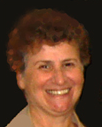 Pat A. Schneider is the President and founding partner of Teachable Tech, Inc., (Atlanta, Georgia), a writer and an early childhood educator. Ms. Schneider has written and coordinated the development of hundreds of educational products, from preschool through college courseware. Working with the American Red Cross and the Allstate Foundation, Schneider was instrumental in curriculum development and implementation workshops for Masters of Disaster, an award-winning, comprehensive, hands-on curriculum for K-2, 3-5 and 6-8 classrooms, teaching science, health and preparedness for natural disasters. With Teachable Tech, she has expanded this curriculum to fire and home safety through a grant from the U.S. Fire Administration. Three days following the September 11th terrorist attacks, the American Red Cross invited Schneider to Washington, D.C. to join a team of psychologists and disaster and international law and humanitarian experts to write a classroom support curriculum, Facing Fear, now in use in K-2, 3-5 and 6-8 classrooms across the country and focusing on tough issues, such as terrorism, war and pandemic. Completing the 11 modules of Masters of Disaster, In the Aftermath was written following the 2005 hurricane season and guides young people to understand, cope with and to stay healthy in the aftermath of disaster. Ms. Schneider's role in the workshop will be to deliver background instruction on the MoD curriculum and to co-present with Dr. Stewart the MoD modules on tornadoes, lightning, hurricanes, and floods. She will also provide consultation to teachers on the use and delivery of the MoD curriculum with students.
Pat A. Schneider is the President and founding partner of Teachable Tech, Inc., (Atlanta, Georgia), a writer and an early childhood educator. Ms. Schneider has written and coordinated the development of hundreds of educational products, from preschool through college courseware. Working with the American Red Cross and the Allstate Foundation, Schneider was instrumental in curriculum development and implementation workshops for Masters of Disaster, an award-winning, comprehensive, hands-on curriculum for K-2, 3-5 and 6-8 classrooms, teaching science, health and preparedness for natural disasters. With Teachable Tech, she has expanded this curriculum to fire and home safety through a grant from the U.S. Fire Administration. Three days following the September 11th terrorist attacks, the American Red Cross invited Schneider to Washington, D.C. to join a team of psychologists and disaster and international law and humanitarian experts to write a classroom support curriculum, Facing Fear, now in use in K-2, 3-5 and 6-8 classrooms across the country and focusing on tough issues, such as terrorism, war and pandemic. Completing the 11 modules of Masters of Disaster, In the Aftermath was written following the 2005 hurricane season and guides young people to understand, cope with and to stay healthy in the aftermath of disaster. Ms. Schneider's role in the workshop will be to deliver background instruction on the MoD curriculum and to co-present with Dr. Stewart the MoD modules on tornadoes, lightning, hurricanes, and floods. She will also provide consultation to teachers on the use and delivery of the MoD curriculum with students.
Alan E. Stewart, Ph. D.
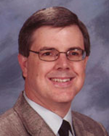 Alan E. Stewart (Project Leader) is a weather and climate psychologist. He works as an Associate Professor in the Department of Counseling and Human Development at the University of Georgia. Dr. Stewart graduated from the University of Georgia in 1994 with a doctoral degree in counseling psychology and earned an undergraduate certificate in atmospheric science from the University of Georgia in 2009. Dr. Stewart developed the model for teaching teachers about Masters of Disaster in 2007. Dr. Stewart received a Georgia Teacher Quality grant both to conduct and assess week-long workshops (Teaching Science Teachers about Masters of Disaster) in the summers of 2008, 2009, and 2010 with Georgia K-8 teachers. For the past several years Dr. Stewart has worked to develop a psychology of weather and climate that broadly examines the mutual interaction between the atmospheric environment and psychological processes. Dr. Stewart is the past President of Division 34, Population and Environmental Psychology of the American Psychological Association. He has authored and co-authored 49 articles and book chapters, four of which have appeared in the atmospheric science literature. The workshop represents a synthesis of Dr. Stewart's work in psychology and atmospheric science in that it aims to prevent physical and emotional harm stemming from natural disasters by diffusing the MoD curriculum to educators who teach science.
Alan E. Stewart (Project Leader) is a weather and climate psychologist. He works as an Associate Professor in the Department of Counseling and Human Development at the University of Georgia. Dr. Stewart graduated from the University of Georgia in 1994 with a doctoral degree in counseling psychology and earned an undergraduate certificate in atmospheric science from the University of Georgia in 2009. Dr. Stewart developed the model for teaching teachers about Masters of Disaster in 2007. Dr. Stewart received a Georgia Teacher Quality grant both to conduct and assess week-long workshops (Teaching Science Teachers about Masters of Disaster) in the summers of 2008, 2009, and 2010 with Georgia K-8 teachers. For the past several years Dr. Stewart has worked to develop a psychology of weather and climate that broadly examines the mutual interaction between the atmospheric environment and psychological processes. Dr. Stewart is the past President of Division 34, Population and Environmental Psychology of the American Psychological Association. He has authored and co-authored 49 articles and book chapters, four of which have appeared in the atmospheric science literature. The workshop represents a synthesis of Dr. Stewart's work in psychology and atmospheric science in that it aims to prevent physical and emotional harm stemming from natural disasters by diffusing the MoD curriculum to educators who teach science.



